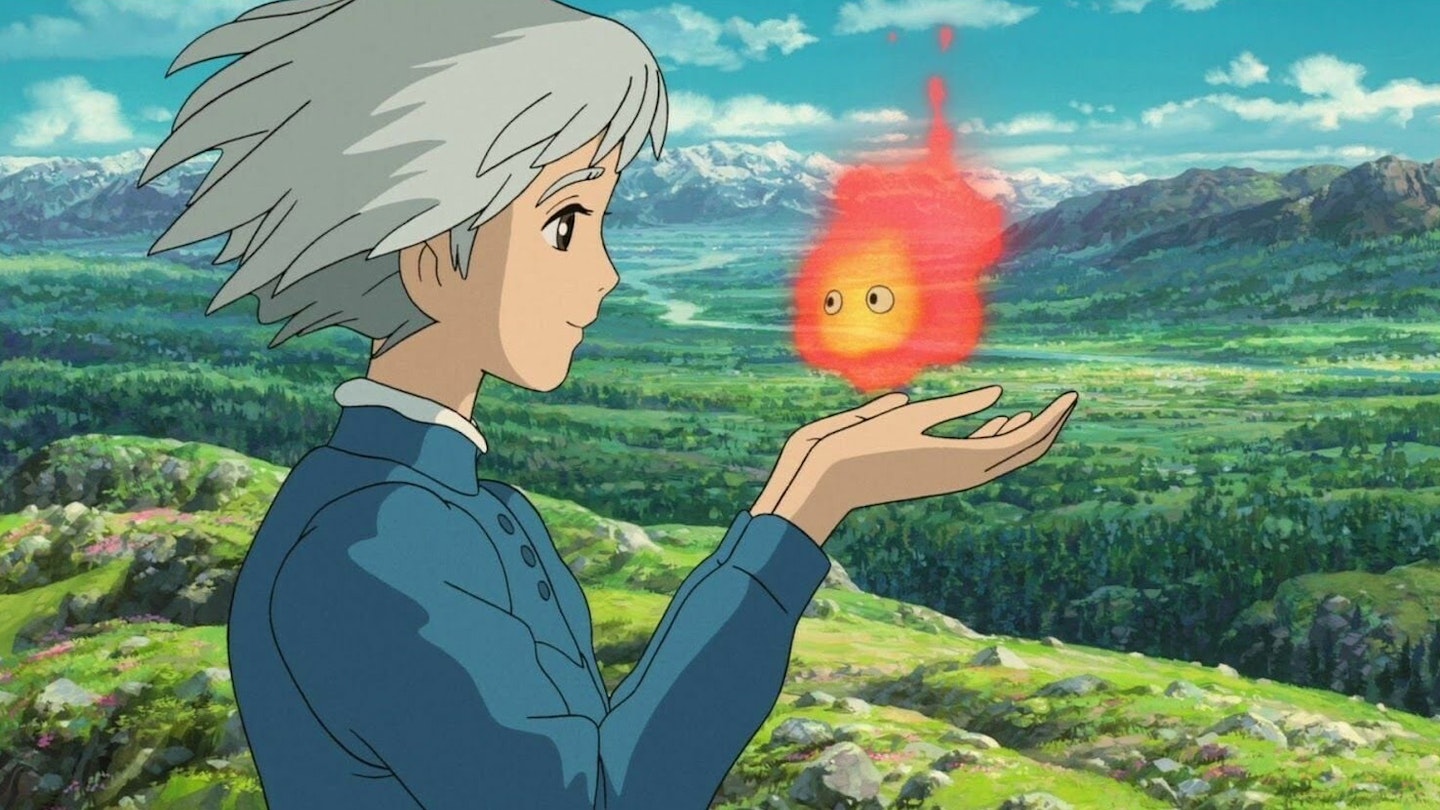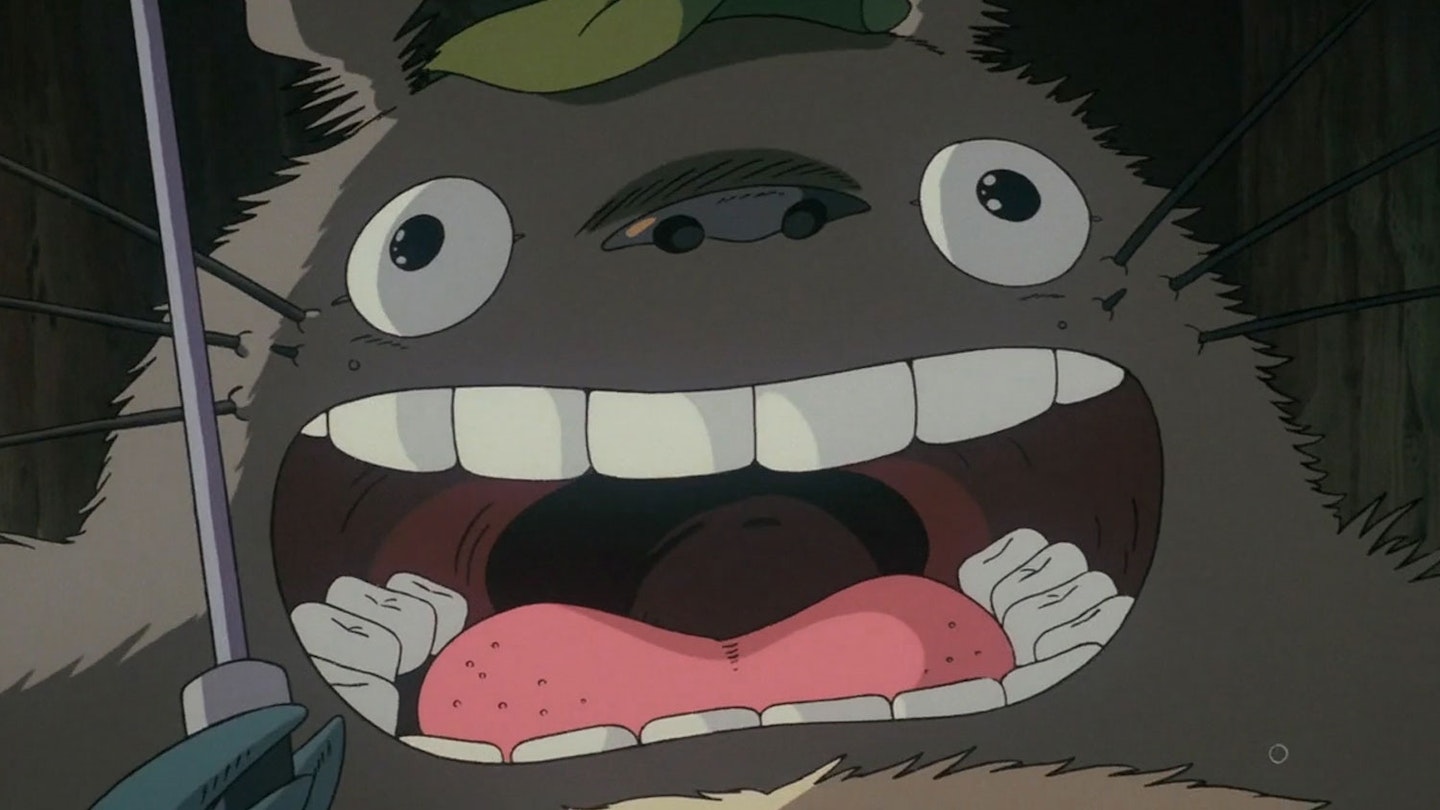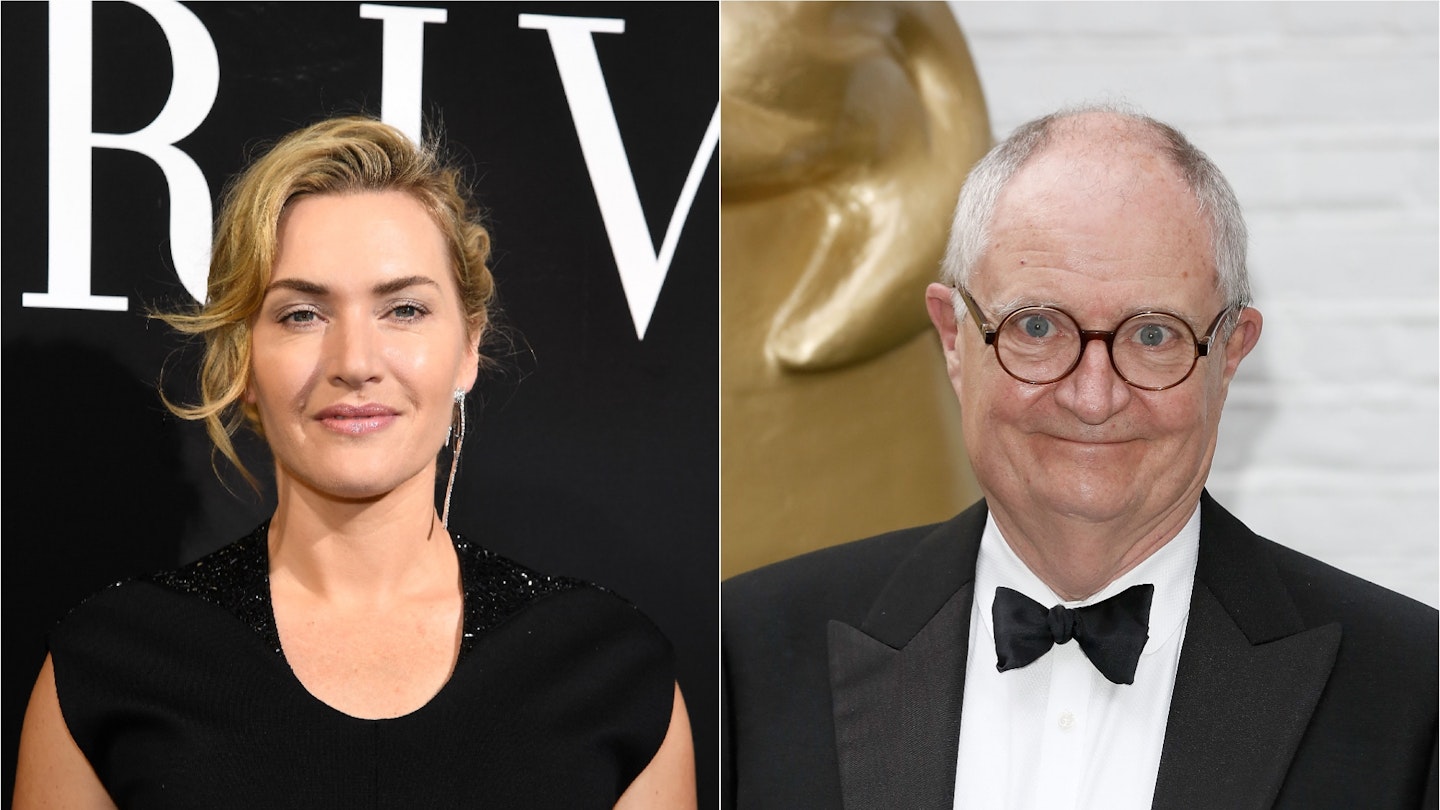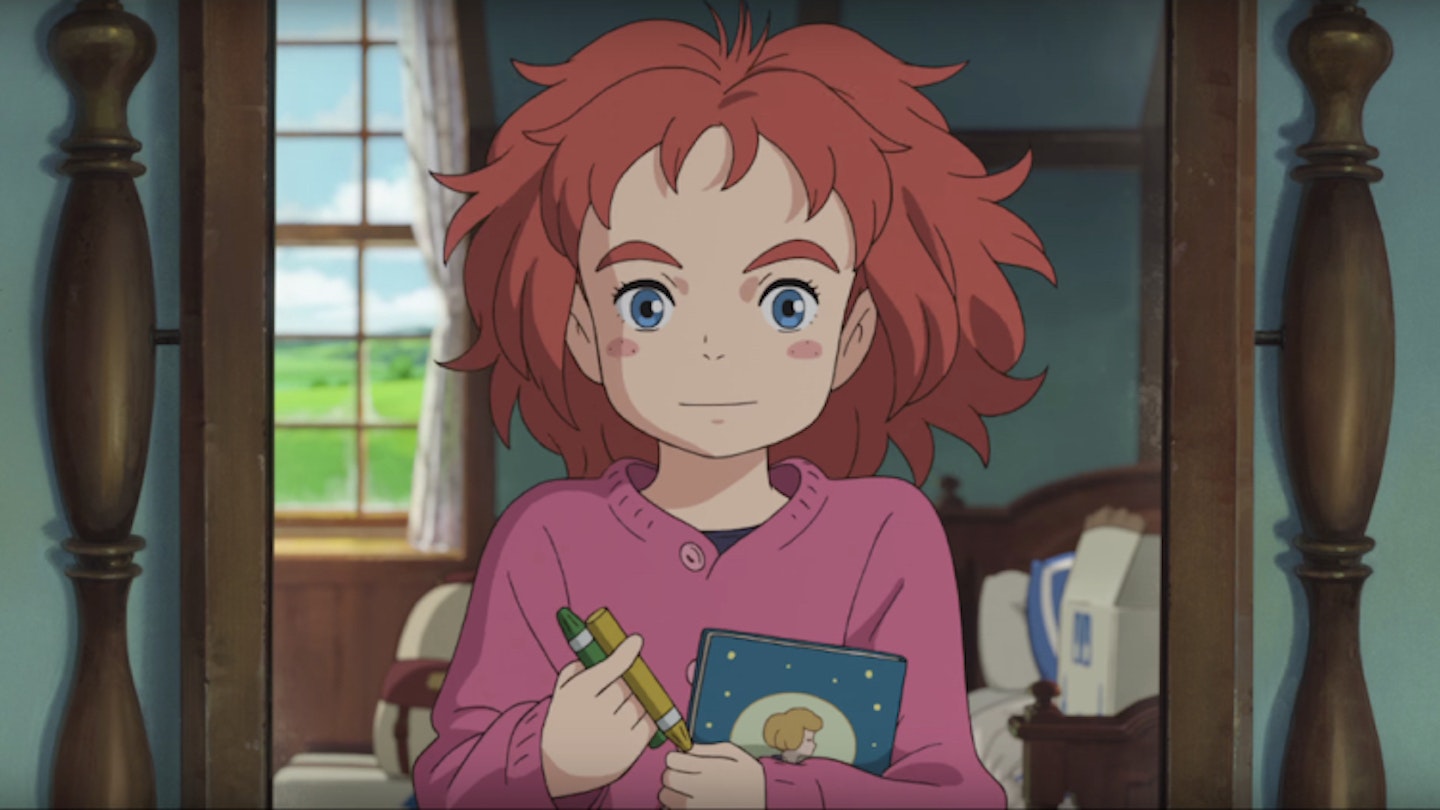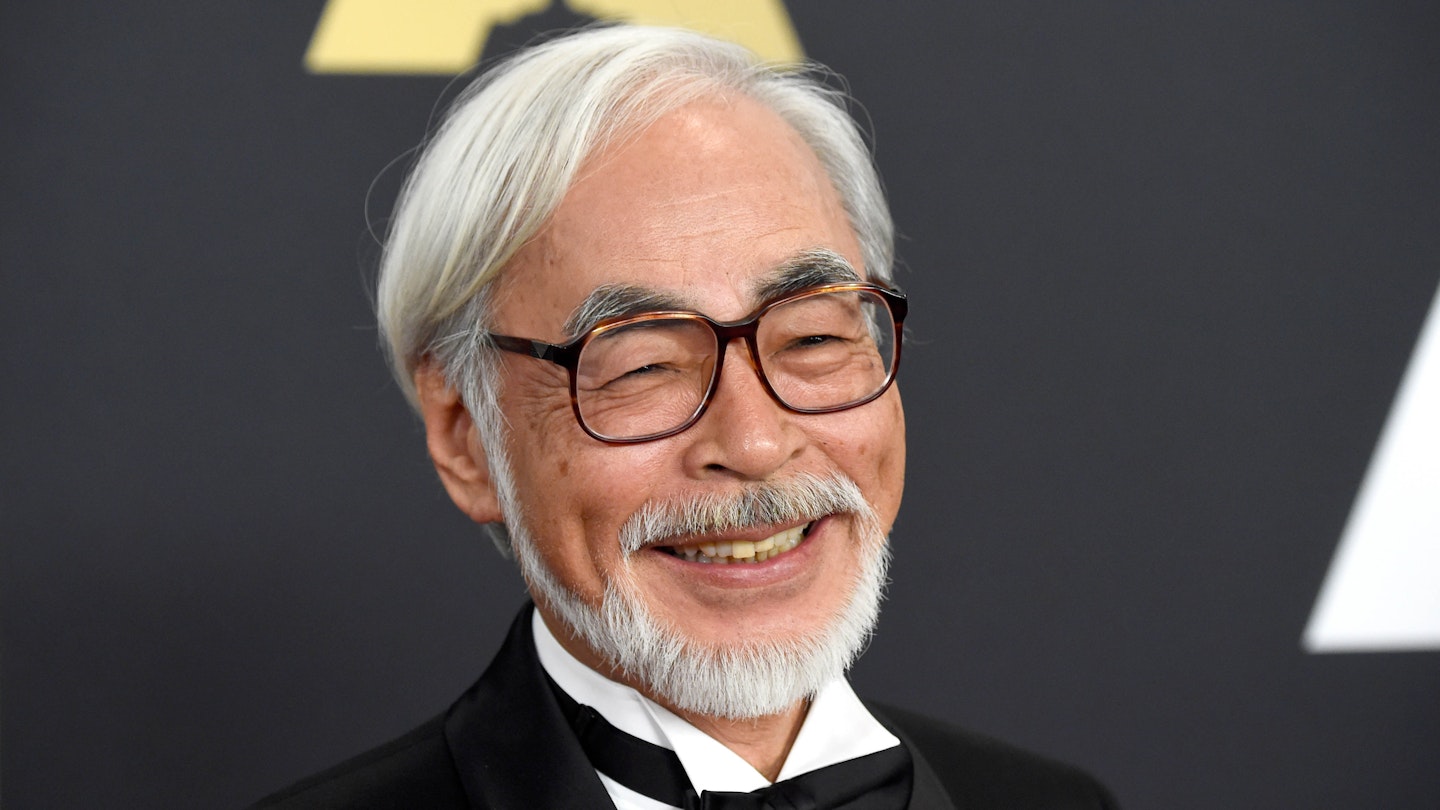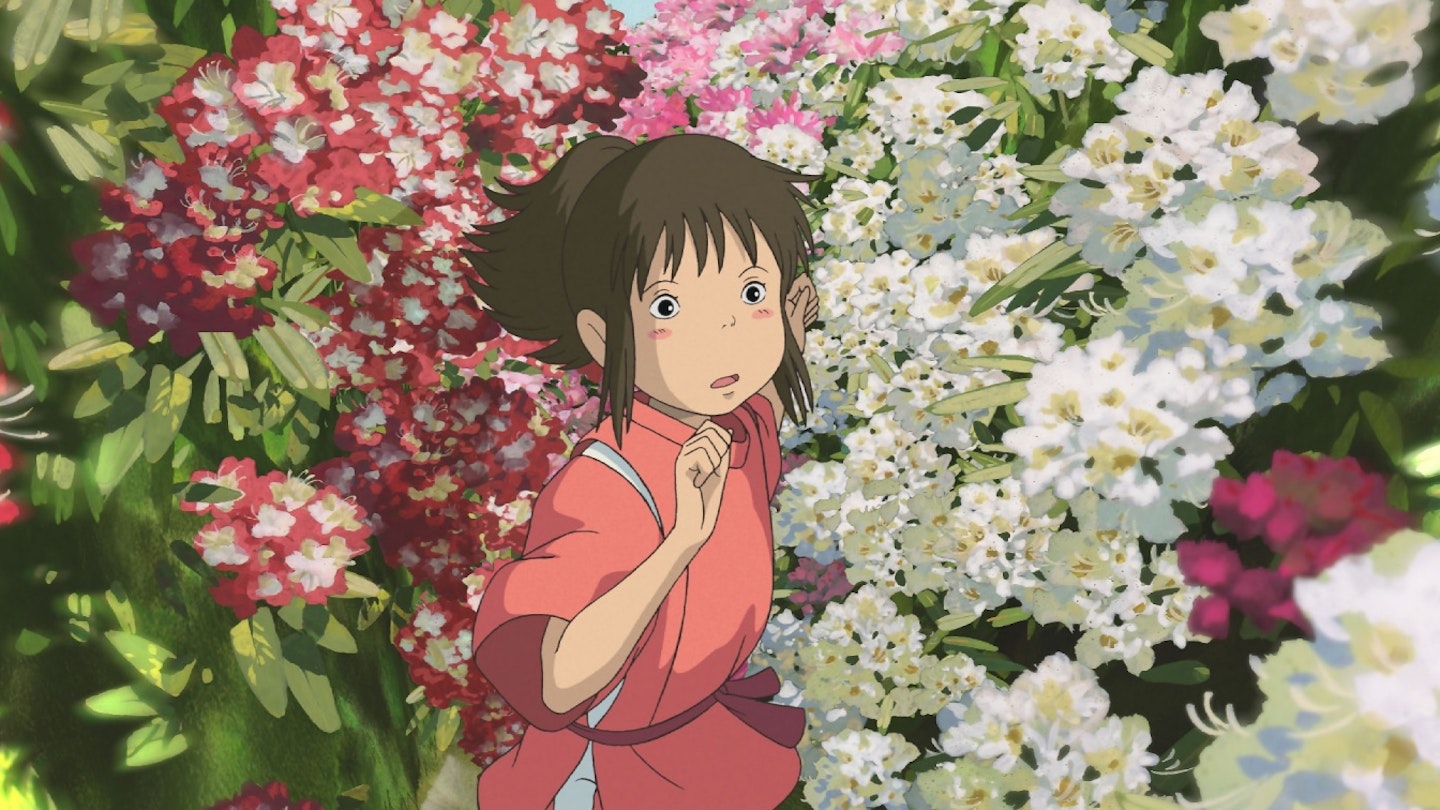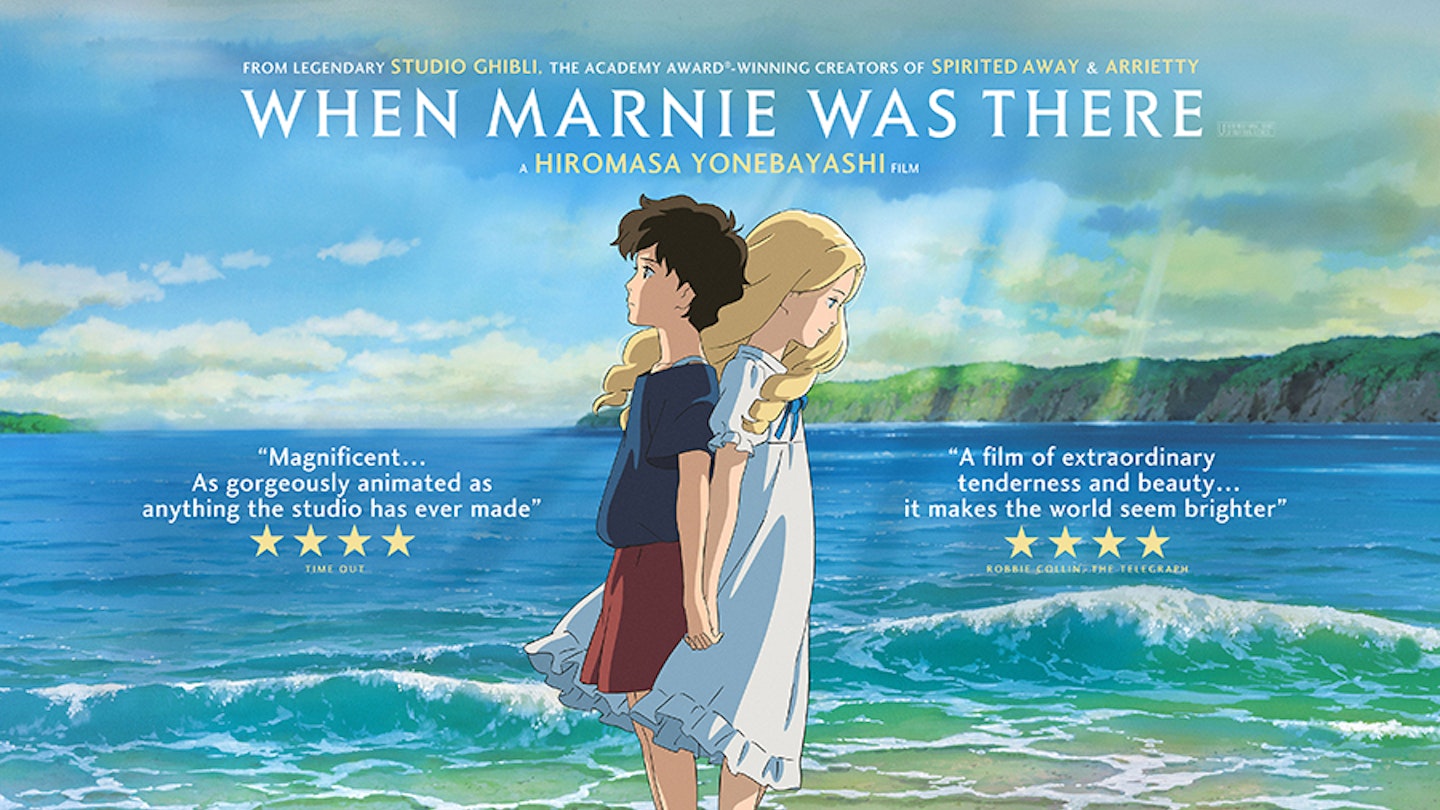
"In this world, there’s an invisible magic circle,” narrates 12 year-old Anna as she gazes forlornly at all the children playing gleefully around her. “They’re inside. I’m outside.”
When Marnie Was There is in many ways an appropriate swansong for the 31 year-old studio.
Anna sees herself as a misfit — orphaned, unwanted and utterly alone. But if you’re a fan of Studio Ghibli, it’s hard not to feel she’s speaking for the revered Japanese animation house, too. Especially as When Marnie Was There is set to be the studio’s final feature. That “magic circle” contains dozens of pristinely computer-animated works: mostly action-packed comedy adventures, precision-engineered by US studios for global success. Outside the circle there is Ghibli.
Hiromasa Yonebayashi’s When Marnie Was There is in many ways an appropriate swansong for the 31 year-old studio. It is resolutely 2D, hand-drawn and painted, with the attention to detail that typifies Ghibli. Each frame blooms with life, whether it’s nature ambling gorgeously around in the background or the fascinating clutter of someone’s home. It makes little concession to a foreign audience, relocating its Joan G. Robinson-written, Norfolk-based source material to the Japanese coast, and that country’s unique routines and festivals. And it is neither an action-adventure nor a comedy, dealing entirely with a girl on the cusp of adolescence who is suffering from both asthma and depression.

Despite Anna’s journey of self-salvation occasionally taking her into a ghost-world (or arguably a very detailed hallucination) where she befriends Marnie, there are none of the spectacular, phantasmagoric elements that characterise Ghibli’s most popular films, and as such, Marnie is less instantly compelling. It’s a heartfelt story, but harder to recommend to anyone other than the most fervent fans of the studio.
It is a shame to see Ghibli bow out with one of its lesser — or destined-to-be-lesser-seen — pictures. Although this is just the kind of film that has marked the studio out: uncompromising, thoughtful, putting craft above commerce, and unafraid to be something other than pure children’s entertainment. And that is something we’ll sorely miss.

